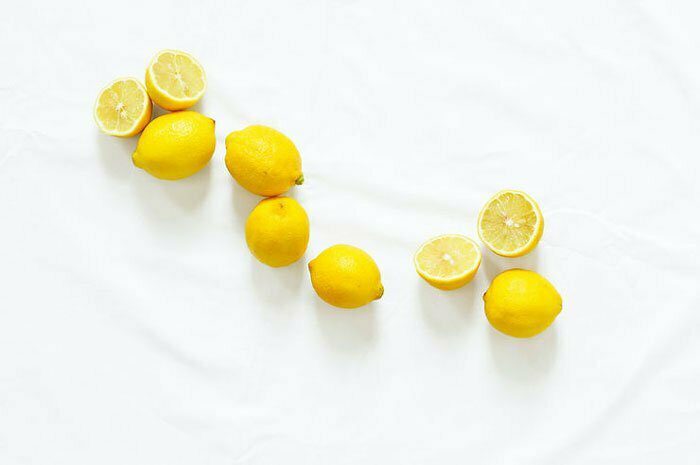What you eat has a direct, considerable impact on your physiology and biochemistry. Some natural substances can reduce your anxiety, while others may leave you keyed up. Coffee is the most common culprit, but there are other small dietary revisions that won’t hurt your pallet and can decrease your anxiety. I’m a fan of easier changes where we can get them!
Limit your salt intake.
Too much salt can deplete your potassium levels. Potassium is responsible for a well functioning nervous system, and getting less than you need can make you tired and agitated. Salt also elevates your blood pressure, strains your heart, increasing the likelihood of those anxious heart palpitations. More than a teaspoon/day is excessive, but I’ve found that many salt substitutes taste like the real thing.
Sugar.
Anyone who knows me knows I am a big fan of sweets. Still, on days where I experience elevated anxiety, I try to pull back because an overload of sugar causes nervousness. No need to add nerves to an already stressful day! Dysregulation can lead to increases in blood sugar (which results in diabetes) or periodic drops in blood sugar (resulting in hypoglecemia). Symptoms of hypoglecimia, like trembling, irritability, palpitations, mimic an actual panic attack!
Shift the way you eat food.
Eating too fast, not chewing enough, and even drinking too much liquid during your meal, increases stress on your natural digestion processes. Overeating can cause indigestion which can directly lead to anxiety. Indirectly, malabsorption of nutrients from eating too quickly, can result in diminished nervous system functions. I’m a realist and know life is busy, so even if it means eating at your desk (guilty), let’s bring awareness to our eating habits.
Add B Vitamins and Vitamin C.
Anxiety quickly depletes B Vitamins (thiamine, B1, riboflavin, B2, niacin, B3, etc) and vitamin C. Adding a high potency B complex vitamin and vitamin C supplement can cause increase resiliency to stress, as well as increase energy throughout the day. B complex vitamins won’t give you the sudden surge of energy, like you feel with anxiety, but can reduce overall fatigue.
Add Calcium.
Calcium acts as a tranquilizer, calming the nervous system and reducing anxiety. This mineral transmits nerve signals between synapses to other cells. When we have limited calcium in our diets, this can result in nerve cell overactivity, a physiological basis for anxiety. While milk is making its way out of many diets, calcium supplements or other calcium rich foods, like eggs and leafy veggies, should do the trick.

